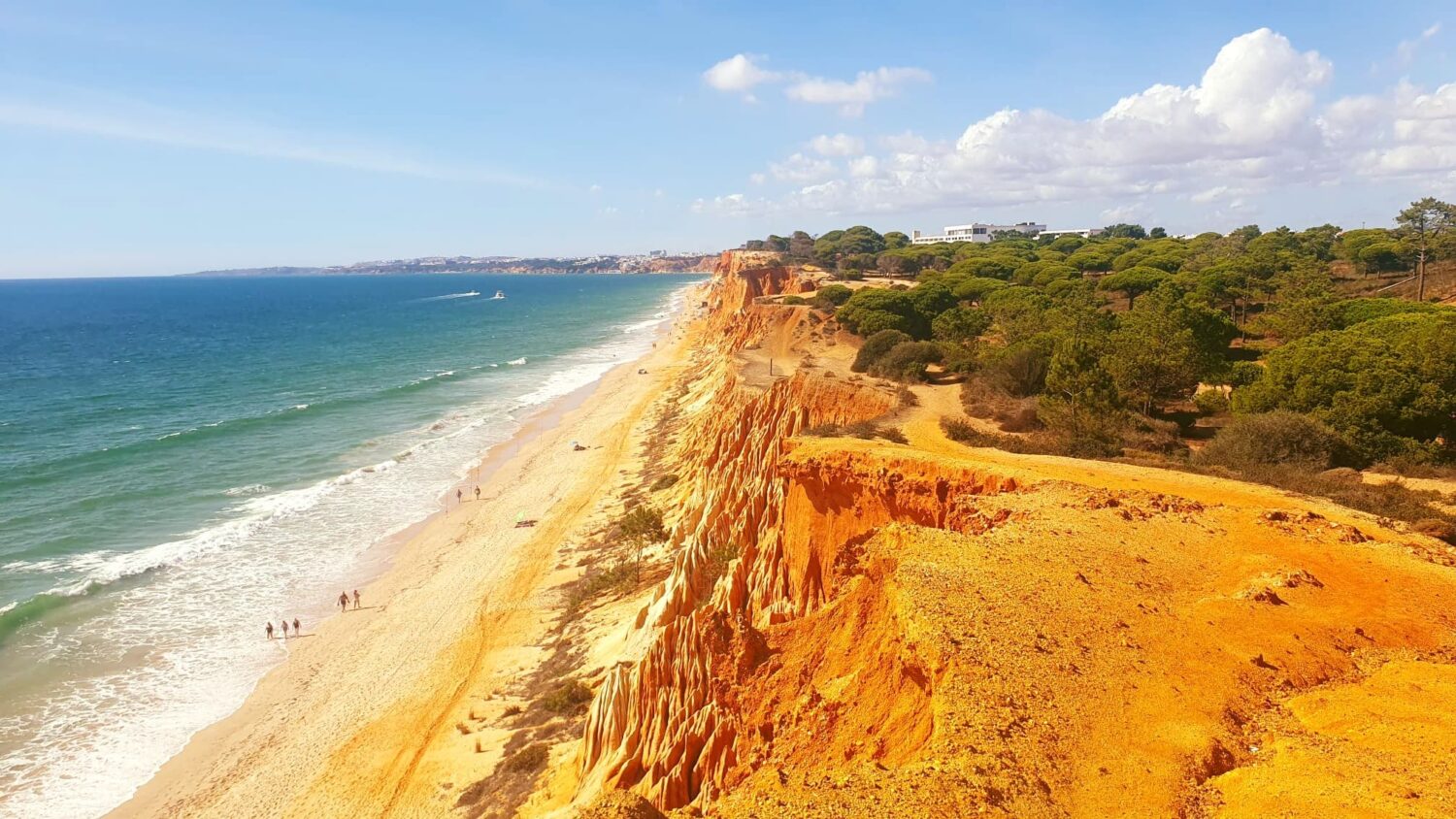PAS’ lawsuit comes in wake of administrative action filed by Seacliff property company
PAS, the platform for sustainable water, has filed a lawsuit with the Public Prosecutor’s Office, asking for the Declaration of Environmental Impact (DIA) delivered on the construction of a desalination plant in Albufeira to be declared invalid.
The move comes just days after local property company Seacliff also filed an administrative action against the declaration of environmental impact, for very similar reasons.
In their statement today, PAS claims that the DIA issued on April 3 by Portuguese Environment Agency APA regarding the Preliminary Study for the Algarve Seawater Desalination Plant Project (EDAM) “does not meet requirements that allow it to be classified as an DIA, and violates national and European laws“.
According to PAS’ complaint, filed with the magistrate of the Public Prosecutor’s Office of the Judicial Court of the District of Faro, the institution is being asked to “activate the necessary legal means with a view to declaring the DIA invalid”.
PAS has already challenged APA’s decision, pointing to the fact that it involves 100 ‘risks’ that have not been, in PAS’ opinion, suitably studied. PAS has attached a 17-page report on all those risks, and their implications, to the complaint, as well as a copious list of all the laws and European directives that it considers are being ignored.
The platform – which brings together A Rocha Portugal, Água é Vida, AlBio – Associação Agroecológica do Algarve, Almargem – Associação de Defesa do Património Cultural e Ambiental do Algarve, CIVIS – Associação para o Aprofundamento da Cidadania, Ecotopia Associação Ambiental e de Desenvolvimento Sustentável, FALA – Fórum do Ambiente do Litoral Alentejano, Faro 1540 – Associação de Defesa e Promoção do Património Ambiental e Cultural de Faro, Glocal Faro, LPN – Liga para a Proteção da Natureza, Probaal – Associação para o Barrocal Algarvio, Quercus – Associação Nacional de Conservação da Natureza and REGAR – recently took part in a debate on this subject, in which an expert (biological engineer Cláudia Sil, working with CCMAR, the Algarve university’s centre for marine sciences), outlined all the downsides.
As critics stress their position is “objectively based” on the fact that numerous elements of the project have not been suitably presented or even analysed, when these configure “essential information of central importance.”
According to APA, although “impacts are not considered to be significant”, the decision included “a set of requirements aimed at safeguarding these possible impacts, as well as the development of any additional minimisation measures”.
Also according to APA, given that the environmental impact assessment procedure took place at the preliminary study stage, “a second stage of assessment will take place at the execution project stage, with a view to verifying the execution project’s environmental compliance with the EIS”. In other words, no work can start before that second stage of assessment.
The construction of this plant – the base value of which is €90 million (according to Lusa) – “is one of the measures to respond to the drought affecting Portugal’s southern region. The equipment is expected to have an initial capacity to convert seawater into drinking water of 16 cubic hectometres” – but, as the Resident reported over the weekend, the base value is expected to increase significantly – and no one seems to know who would be expected to foot the bill for the shortfall.
“According to Águas do Algarve, the company responsible for the region’s high water supply, which manages infrastructures such as dams and wastewater treatment plants, work is scheduled to be completed by the end of 2026”, writes Lusa. It has to be, as this is the deadline by which European funding, being used to pay for it, ‘runs out’ as Expresso this week has reiterated. ND
Source material: LUSA




















